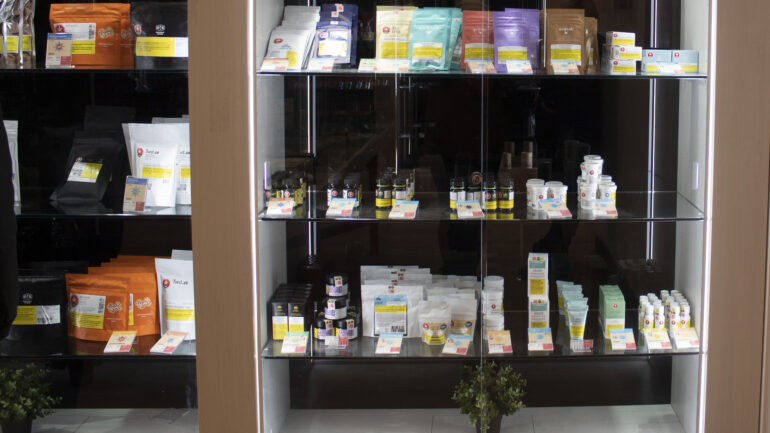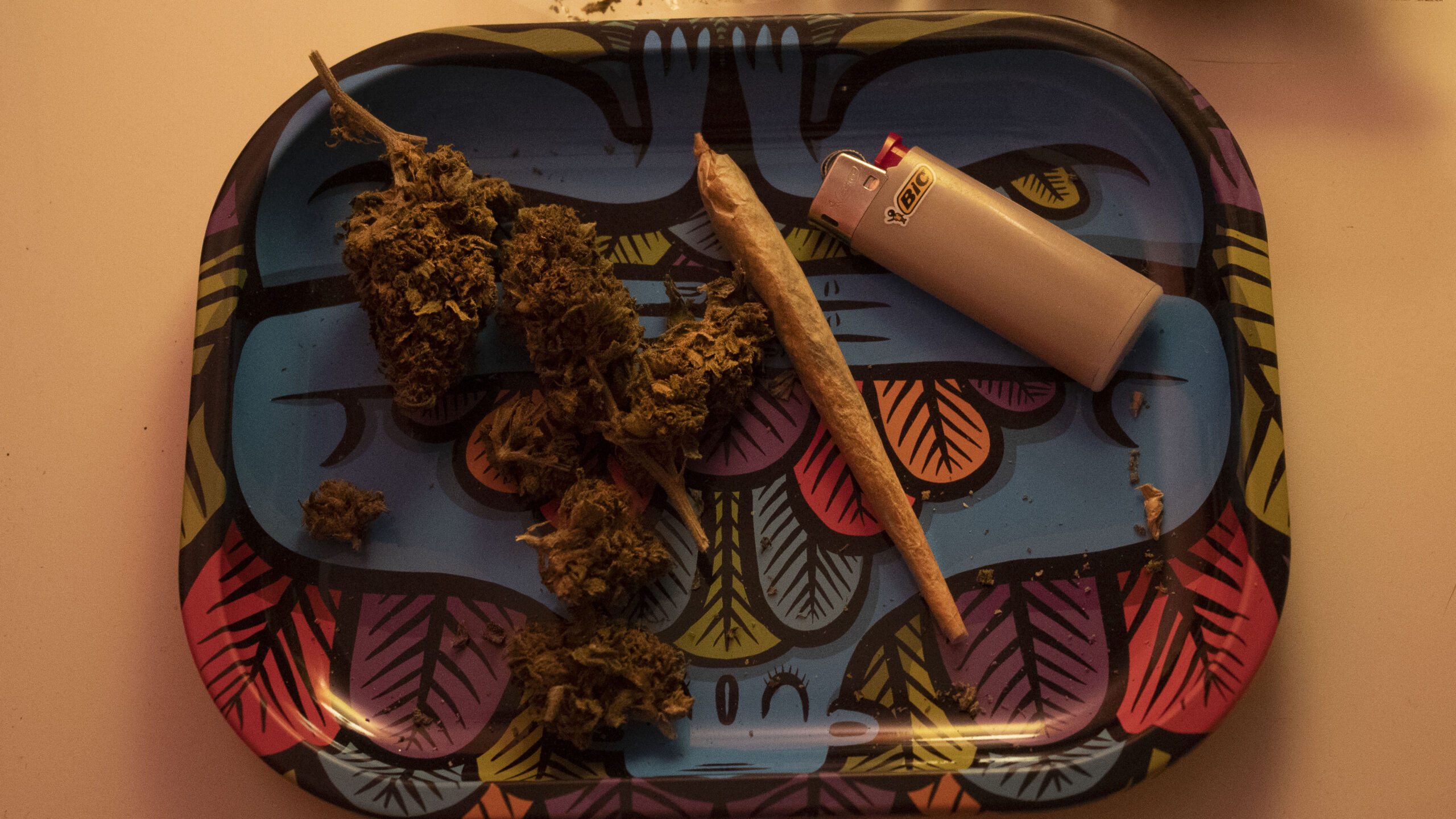As a budtender at a local cannabis dispensary, Tiana Ellis has noticed an increase in customers looking for help. The culprits are anxiety and depression.
“Whether diagnosed by a doctor or just self-recognition, we are seeing more and more people coming in with symptoms,” Ellis said.
The Centre for Addiction and Mental health (CAMH) recently conducted a survey showing that 50 per cent of Canadians felt they suffered a decline in their mental health since the start of the pandemic. Among the respondents, 41 per cent felt higher levels of anxiety, and depression has been one of the main causes of debility in the world.
“We have seen a fairly consistent increase in patients using medical cannabis for their mental health and wellbeing each year,” said Kim Lam, the lead patient care specialist for Apollo Cannabis Clinics.
“When the COVID-19 pandemic started, we saw a significant influx of patients suffering from worsening or new-onset mental health conditions and coming to us for assistance,” Lam said.

Medical cannabis has been legal for more than 20 years, and since the legalization of the recreational market, Lam has seen more and more patients wanting to use cannabis rather than traditional prescription pills.
“Patients want an option that has fewer side effects and a lower risk of addiction, especially after what we are seeing with the opioid crisis,” Lam said.
However, like opioids, cannabis has its history. In what has once been deemed a street drug, cannabis has come a long way from its own stereotypes. With racial ties to the Black community, many have the image of buying a joint from a local dealer on the corner or back alley.
“Unfortunately, if you see a Jamaican guy or a black guy with dreadlocks and a Jamaican accent, people are going to assume he smokes weed,” cannabis consultant Loren Lieberman said.
Researchers connected to the University of Toronto found that Black people were overrepresented among those arrested possessing 30 grams of cannabis or less.
“Our patients have confided in us about their fears of being judged more harshly due to racial prejudice,” Lam said. “Our clinic works hard to ensure we create a safe space for our patients and to make sure they are aware of their rights.”
Lam said if people made a concerted effort to see through the stereotype, hopefully, we could see a drastic change in society.
“Get educated with what it is you’re looking for and what it is you need,” Lieberman said. “It’s different strains for different things and different ways of consumption.”
Lieberman recommends finding a practitioner who can write a prescription and knows their way around the cannabis world. There are different strains and different ways of consumption. His advice is to find an expert to help individuals reach their medicinal goals.
“Doctors don’t just prescribe opiates willy nilly, so they shouldn’t prescribe cannabis either,” Lieberman said.
From job loss to social isolation, to the fear of catching the virus, it appears the pandemic is affecting many Canadians’ mental health, and are noticing their stress levels increasing. Moreover, people may be tired of taking more medications.
“Customers are just tired of it. They’re not working for them anymore,” Ellis said.
“They’re not getting the relief that they’re what they once were getting at the beginning of their medical journey,” she said.
But just like any substance, whether it’s fast food or alcohol, people need to moderate, Lieberman said.
At the Apollo Clinic, Lam lets patients know that while questioning the safety of pharmaceutical medications, people need to advocate for themselves.

